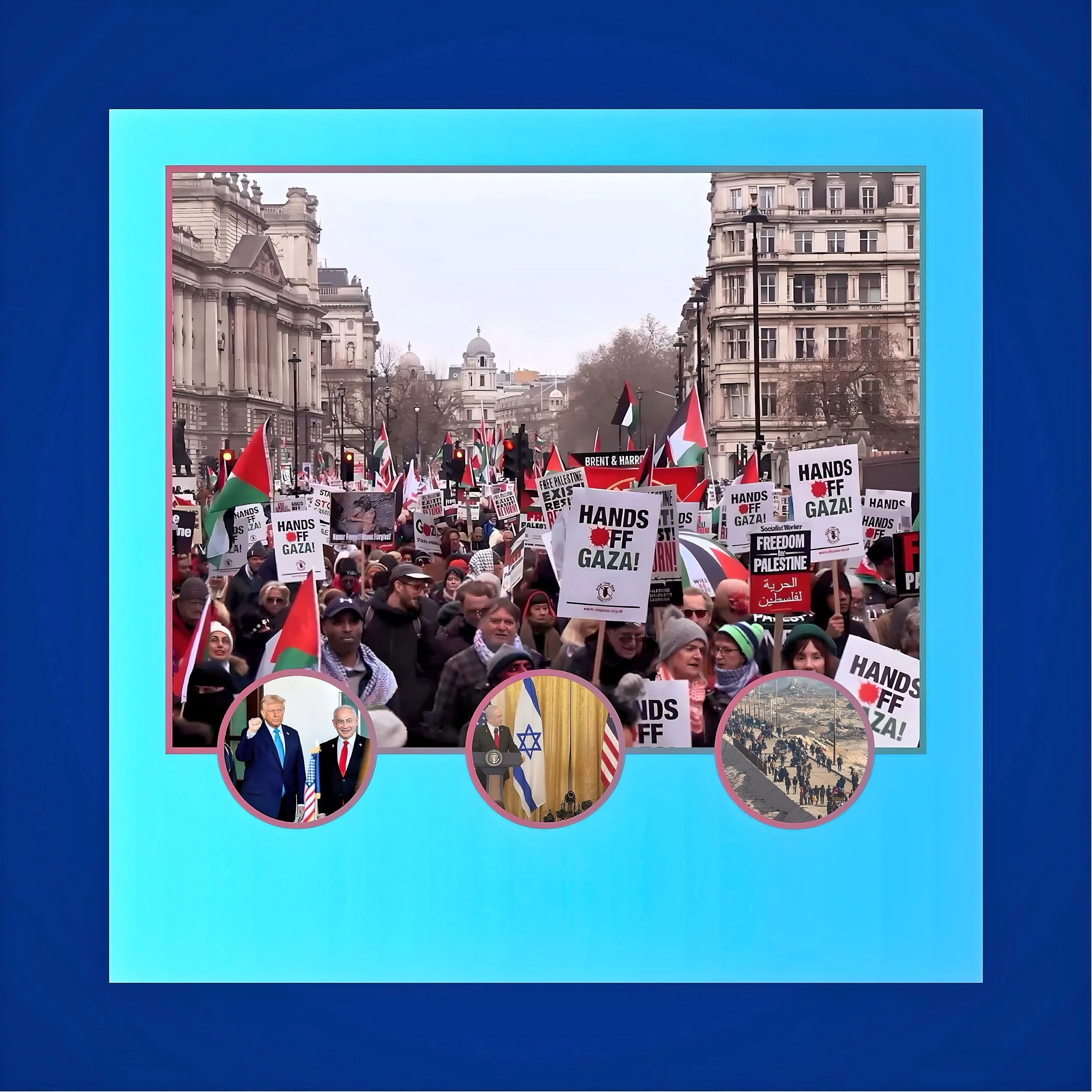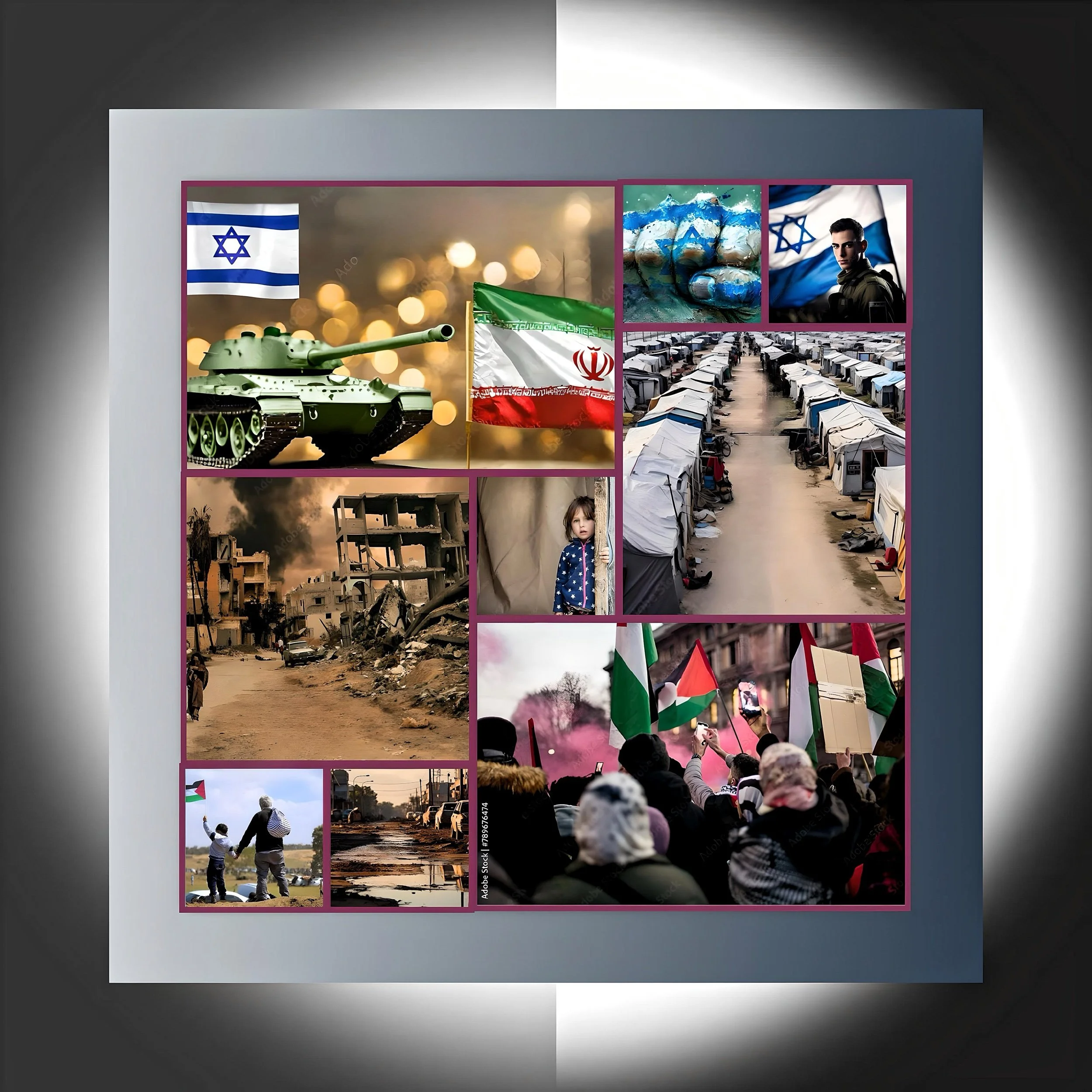Qatar’s Dilemma: Refugee Resettlement vs. Gaza Reconstruction Amid Geopolitical Complexities
Introduction
The question of whether Qatar should accept Palestinian refugees from Gaza is deeply intertwined with Doha’s multifaceted role as a mediator, humanitarian partner, and political ally of Hamas.
Lets evaluates the arguments for and against Qatar assuming responsibility for refugees, contextualized within its regional relationships, international obligations, and the broader geopolitical consequences of such a decision.
Qatar’s Humanitarian and Diplomatic Engagement in Gaza
Mediation Efforts in the Israel-Hamas Ceasefire
Qatar has positioned itself as a critical mediator in the Israel-Hamas conflict, brokering agreements that include hostage exchanges and temporary pauses in hostilities.
In January 2025, Qatar facilitated an agreement allowing displaced Gazans to return to northern Gaza starting February 17, 2025, after Israel initially blocked their repatriation.
This intervention underscores Qatar’s role in mitigating civilian suffering while navigating complex negotiations between Hamas and Israel. Doha’s diplomatic leverage stems from its long-standing financial and political ties to Hamas, including hosting senior leaders like Ismail Haniyeh until 2024.
Humanitarian Aid and Reconstruction Commitments
Qatar has allocated over $1.8 billion in aid to Gaza since 2008, including $500 million pledged in 2024 for reconstruction. Through partnerships with UNRWA and the Qatar Fund for Development, Doha has funded food assistance, medical care, and cash transfers to vulnerable families.
In September 2024, Qatar Charity and UNRWA signed a $3 million agreement to provide emergency shelter and food parcels, while the Qatar Red Crescent Society supported stranded Gazan workers in the West Bank. These efforts reflect Qatar’s strategy of using aid to bolster its regional influence and address immediate crises.
Arguments for Qatar Accepting Palestinian Refugees
Humanitarian Obligations and Regional Leadership
Proponents argue that Qatar’s wealth ($500 billion sovereign wealth fund) and existing infrastructure for refugee support make it uniquely equipped to host displaced Gazans. Qatar’s 2018 asylum law, the first in the Gulf, establishes a legal framework for offering protection to those fleeing persecution.
By accepting refugees, Qatar could reinforce its image as a humanitarian leader, particularly given its criticism of Israel’s blockade and the estimated $100 billion in reconstruction costs.
Strategic Alignment with Regional Allies
Turkey, a key Qatari ally, has vehemently opposed resettling Gazans outside Palestine, with President Erdoğan calling such proposals “historically ignorant” and a “second Nakba”.
Accepting refugees could strengthen Qatar’s alignment with Ankara’s stance, which frames displacement as a violation of Palestinian rights. Additionally, hosting refugees might enhance Qatar’s influence in postwar negotiations over Gaza’s governance.
Arguments Against Qatar Accepting Palestinian Refugees
Complicity in Permanent Displacement
Critics warn that accepting refugees could legitimize Israel’s alleged strategy of depopulating Gaza, a concern echoed by Hamas and Arab states.
The Palestinian Authority and Egypt have rejected U.S. proposals to relocate Gazans, fearing permanent displacement. Qatar’s involvement in such efforts risked alienating Palestinian factions and undermining its credibility as a neutral mediator.
Political Repercussions of Hamas Ties
Qatar’s financial support for Hamas—$30 million monthly since 2018, per Israeli approval—has drawn international scrutiny. Hosting refugees could further entangle Doha with Hamas, complicating relations with the U.S. and Europe.
In 2024, the Biden administration pressured Qatar to expel Hamas leaders if they refused hostage deals, highlighting the geopolitical risks of overt alignment.
Logistical and Social Challenges
While Qatar has asylum laws, its capacity to integrate large refugee populations is untested.
The nation’s population is only 2.9 million, with 88% being expatriates. Integrating thousands of traumatized Gazans could strain social services and exacerbate tensions in a state already navigating labor reforms.
Turkey’s Role in Shaping the Debate
Erdoğan’s Opposition to Displacement
Turkish President Erdoğan has emerged as a vocal critic of resettlement plans, accusing the U.S. of bowing to the “Zionist lobby” and demanding Israel pay $100 billion in reparations.
His rhetoric aligns with Hamas’s rejection of external governance proposals, framing Gaza’s future as inseparable from Palestinian sovereignty. Turkey’s suspension of trade with Israel in 2024 and its calls for war crimes investigations further solidify its stance.
Implications for Qatari-Turkish Relations
Qatar’s decision on refugees will inevitably affect its alliance with Turkey. While both nations oppose displacement, Qatar’s mediation role requires balancing Turkish solidarity with Western pressure.
Erdoğan’s suggestion that Gazans remain in their “eternal homeland” complicates Qatar’s potential refugee policy, as alignment with Turkey could alienate U.S. and European partners.
Conclusion
A Geopolitical and Moral Crossroads
Qatar faces a dilemma
expanding its humanitarian role by accepting refugees risks accusations of enabling ethnic displacement, while refusal could undermine its image as a regional benefactor.
The nation’s ties to Hamas and Turkey necessitate cautious diplomacy, particularly as reconstruction costs mount and global attention intensifies.
Ultimately, Qatar’s choice will hinge on whether it prioritizes short-term diplomatic leverage or long-term stability in Gaza.
The international community, meanwhile, must reckon with the failure to protect Palestinian rights.
As Philippe Lazzarini of UNRWA notes, humanitarian aid alone cannot resolve Gaza’s crises—a political solution remains imperative. Qatar’s actions in the coming months will either reinforce or redefine its role in this enduring conflict.






